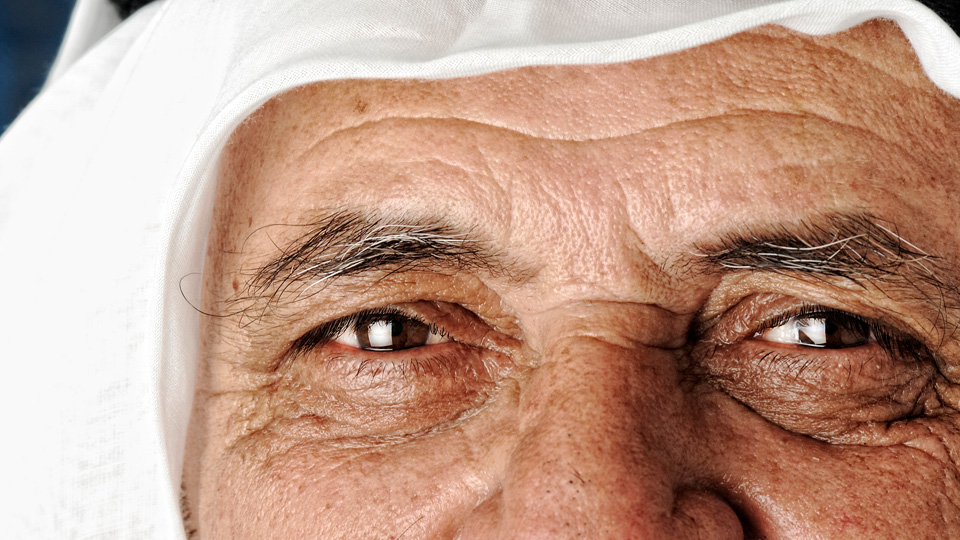How to Protect Your Eyes from Sandstorms and UV Damage in the UAE
18/04/2025

22/06/2021
Glaucoma is an irreversible disease of the optic nerve with various causes; the most significant risk factor is high intraocular pressure (IOP). It is the second cause of blindness in the Western world, and 50% of those suffering from it in developed countries are unaware.
There is still a significant lack of knowledge about glaucoma.
Early detection and timely treatment significantly improve the visual prognosis of the disease and can prevent its progression towards blindness.
The problem is that patients do not perceive their vision loss due to glaucoma until a very advanced stage. The patient will also not have other symptoms like eye redness, pain, tearing, floaters, or anything that could advise him of this disease's presence. Hence, it is essential to perform annual ophthalmological controls for the early detection of this pathology. Especially if there is any person in your family with glaucoma, if you have a high hypermetropy correction for your glasses, or you are over the fourth decade of your life.
Since the loss of vision that glaucoma can cause if you do not detect it in time, it is irreversible. To date, there are no treatments that can restore the neuronal damage that this disease can cause.
The best treatment is early detection. Barraquer eye hospital has a highly specialized Glaucoma Department with the most advanced technology for earlier diagnoses and different therapeutic technics that facilitate the stabilization of the disease and allow patients to live normally.
The wide range of therapeutic options for the control of this pathology includes pharmacology, outpatient laser treatments and surgical treatment. This last option includes the new minimally invasive techniques or MIGS (Minimally Invasive Glaucoma Surgery), which involve a rapid recovery with minimal impact on the patient's quality of life. In addition, many of the MIGS can be associated with cataract surgery, treating both pathologies in the same surgical procedure, something that is of great value to the patient.
Although we have commented, the prevention and early detection of Glaucoma disease is the key to its good evolution. Some healthy habits can help. We want to emphasize the importance of eating a balanced diet. A moderate and varied diet helps improve blood flow to the optic nerve, the part of the eye damaged in glaucoma.
Habitual physical activity and good sleep also increases oxygen content to the tissues and, with it, to the optic nerve. Unlike tobacco, whose consumption exponentially reduces said oxygen supply, or caffeine, whose excessive consumption is related to a raised intraocular pressure.
Glaucoma and orbit and oculoplastic surgery specialist
Specialist in Ophthalmology